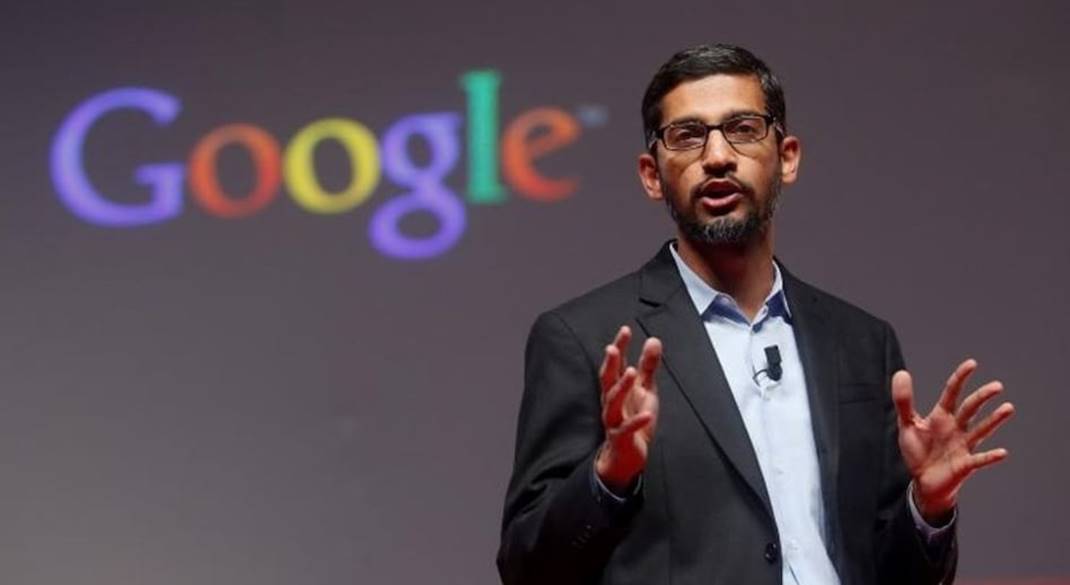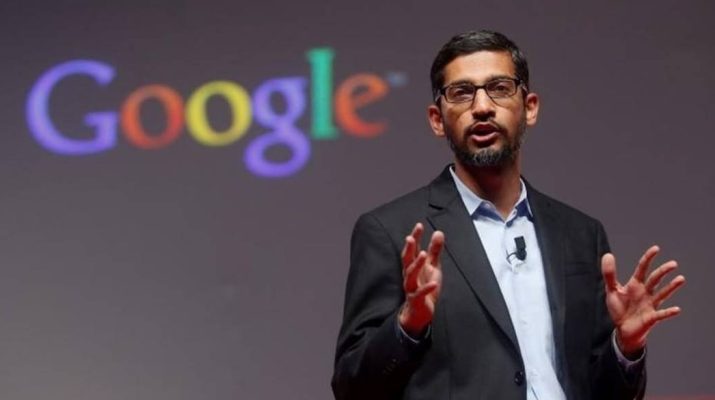Google is continuing its move toward creating a future in which people will not need a password to securely sign in to accounts

The company announced Tuesday in a blog post that it is making passkeys a default option for personal Google accounts after positive feedback from users.
Passkeys, which Google started using in May, are a safer and faster alternative to passwords and make it so people do not have to remember numerous passwords, Google said.
Passkeys are more secure because they remove the possibility of your password being stolen, both through hacking and through you accidentally sharing it.
The passkeys run on facial recognition, fingerprint scan, or PIN number, making phishing attacks ineffective at swiping passwords.
Even if you lose your device, someone would need your biometric information or PIN number to log in, according to a separate Tuesday blog post outlining passkeys.
They use a form of cryptography that is able to confirm that the device has the passkey, and the passkey can only be accessed via the biometric information or PIN number.
“We’ll keep you updated on where else you can start using passkeys across other online accounts,” Google said in the blog. “In the meantime, we’ll continue encouraging the industry to make the pivot to passkeys — making passwords a rarity, and eventually obsolete.”
Users that prefer passwords can decline to use the passkey option, Google’s blog post said.
An increasing number of apps and companies are using passkeys. YouTube, Search, Maps, Uber, and eBay all allow people to use passkeys to sign in.
Source: CNBC
Napomena o autorskim pravima: Dozvoljeno preuzimanje sadržaja isključivo uz navođenje linka prema stranici našeg portala sa koje je sadržaj preuzet. Stavovi izraženi u ovom tekstu autorovi su i ne odražavaju nužno uredničku politiku The Balkantimes Press.
Copyright Notice: It is allowed to download the content only by providing a link to the page of our portal from which the content was downloaded. The views expressed in this text are those of the authors and do not necessarily reflect the editorial policies of The Balkantimes Press.

